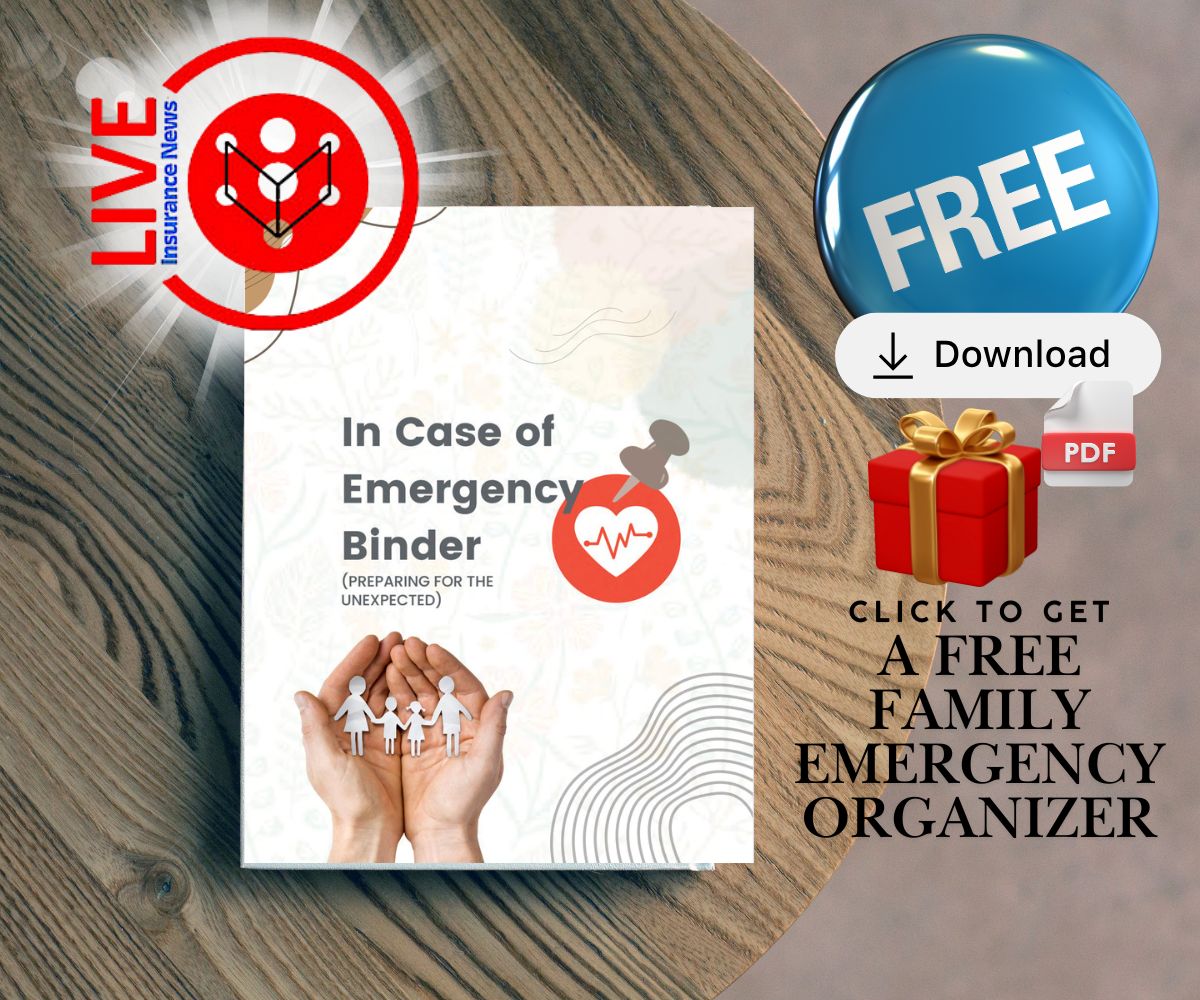State Farm Wins $800K Life Insurance Dispute, But What Does It Mean for You?
How often do you think about your life insurance policy? If the answer is “not much,” you’re not alone. But a recent case involving State Farm and an $800,000 life insurance payout could make you reconsider. The case centered on a legal tug-of-war between a named beneficiary and an estate, and while it might seem like just another courtroom story, it actually offers up some fascinating lessons for insurance companies and policyholders. Here’s what happened and why it matters to you.
The Argument Over $800K
This all started when Howard LeJeune passed away, leaving behind two life insurance policies worth a combined $800,000. The named beneficiary was Scarlett Robbins, who promptly filed her claim to collect the money. But here’s where things get messy. LeJeune’s estate stepped in, arguing that the money shouldn’t go to Robbins just yet because there were questions tied up in probate court (basically the legal process of handling someone’s assets after they’ve died).
Suddenly, State Farm found themselves stuck between two sides, each demanding the money. Pay Robbins and risk angry legal action from the estate? Or wait and face accusations of delaying payment? Neither option sounded great, so State Farm turned to a special legal tool called an interpleader to get out of the hot seat.
What’s an Interpleader, Anyway?
An interpleader might sound like something straight out of a legal thriller, but it’s actually pretty straightforward. Imagine you’re holding $800,000, and two people are shouting, “It’s mine!” You don’t want to play judge (or get sued for picking the wrong one), so you give the money to a court and step aside while they figure it out. That’s essentially what an interpleader does.
For State Farm, this move meant they deposited the disputed funds with the court and handed over the responsibility of deciding who gets the money. It’s a way for insurers to stay neutral while avoiding legal backlash from whichever side loses in the end. Smart move, right?
How the Court Handled the Case
Not everyone was happy about this, of course. Robbins argued that State Farm had no right to remove itself from the situation and even sued them for breach of contract. But the Texas Tenth Court of Appeals sided with State Farm, saying the interpleader action was a legal and fair way to resolve the conflict.
By depositing the money with the court and staying out of the family drama, the judges ruled that State Farm had fulfilled its obligations. This meant Robbins had no valid claim against the insurer, although her fight for the $800,000 with LeJeune’s estate isn’t over yet. That decision will now play out in federal court.
Why This Case Is So Interesting
What makes this story worth following is how it highlights the tricky ground life insurance companies can find themselves on when policies are contested. It’s not every day you see an insurer step back with such a sharp legal maneuver, but in doing so, they avoided taking sides while keeping everything above board.
It also sheds some light on just how chaotic things can get when beneficiary forms and estate plans don’t match up. For example, why did the estate think they had a claim to the money? Could better communication or updated paperwork have avoided this whole mess? Plenty of regular folks could find themselves in similar situations, which makes this case more relatable than you’d think.
Does This Affect Consumers?
For most of us, this case is a reminder to take a closer look at our own policies. Beneficiaries are often named years ago, updated rarely (if at all), and then forgotten about. But what happens when life changes? What if you get divorced, remarried, or have children? If your policy doesn’t reflect those changes, it could leave your loved ones in the middle of a legal battlefield after you’re gone.
For consumers, the biggest takeaway here is simple but important: don’t wait. Whether it’s updating a beneficiary or clarifying your estate plans, a little attention now can save a lot of heartache later.
A Bigger Picture for Insurers
The insurance industry also has lessons to learn here. While interpleaders are a great legal tool, they don’t always sit well with customers. From the outside, it can feel like the company is just washing its hands of the situation. This could be an opportunity for insurers to make the process clearer and more transparent for policyholders, so they feel heard, even in tricky disputes like this one.
On a bigger scale, this case reflects how complicated personal finances can get when they intersect with legal systems. With high-value policies and family conflicts becoming more common, insurers will need to double down on helping customers stay proactive about avoiding disputes long before they happen.
Here are Some Easy Tips on What Can You Do to Avoid Confusion for Your Family
The lessons from this case are a solid nudge to take charge of your life insurance planning. By staying proactive, you can avoid potential pitfalls and ensure your wishes are followed. To help you get started, the team at Live Insurance News is offering a free Family Emergency Organizer—a downloadable PDF designed to help you keep everything, from beneficiary forms to important contacts, in one place. You can download it here and use it as a tool to create your own plan.
Here are a few practical steps you can take alongside using this organizer:
- Review and update your policies yearly. Life has a habit of throwing curveballs, whether it’s a marriage, divorce, or the birth of a child. Make sure your life insurance reflects any changes in your priorities.
- Organize important documents. Use the Family Emergency Organizer to store copies of beneficiary forms, estate plans, and contact information in a secure yet accessible place, so nothing is left to chance.
- Check your beneficiary designations. Ensure the right people are named. This avoids payouts going to unintended recipients, like an ex-spouse, or creating delays for your loved ones to access funds.
- Consult experts if needed. Financial planners or estate advisors can offer valuable guidance, ensuring your coverage aligns with your goals and loved ones’ needs.
This case doesn’t change how policies work, but it’s a reminder to keep control of the things you can. Life insurance is about more than financial protection; it’s about providing peace of mind for your family. Taking these small steps now, with the help of resources like our Family Emergency Organizer, ensures your plans are solid, thoughtful, and stress-free.


